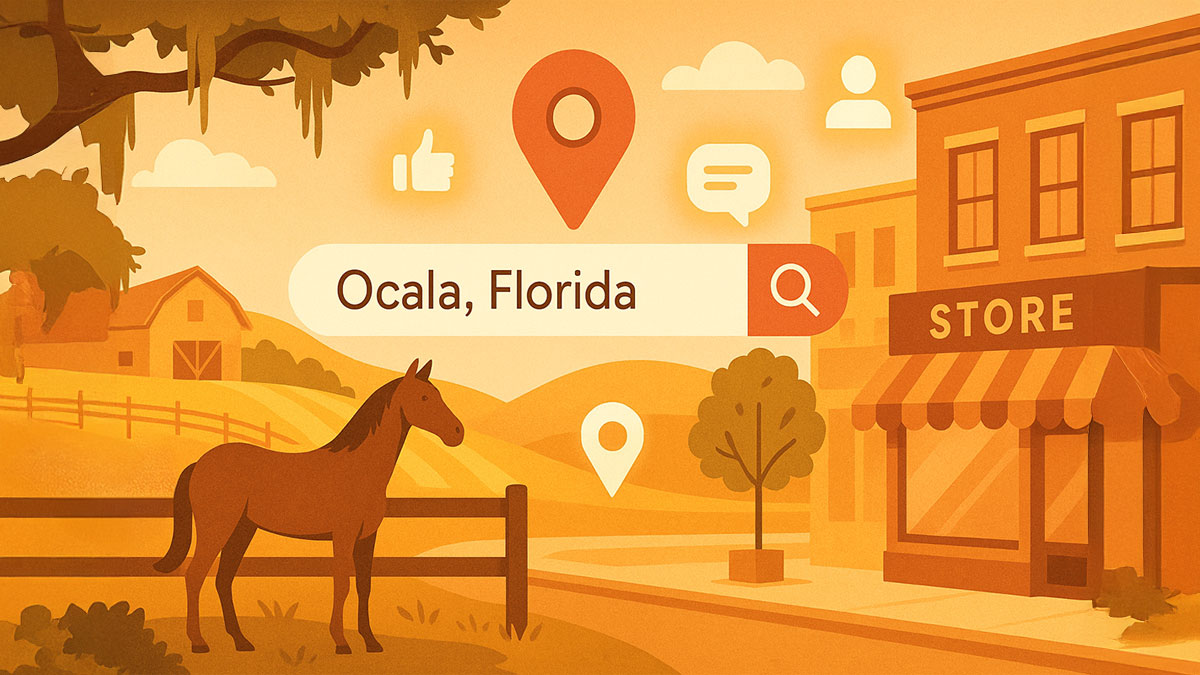
Search engines are an important part of our daily lives. We use them to find information, products, and services, but have you ever wondered how search engines rank your website content? Search engines use complex algorithms to determine the relevance and authority of a webpage. Let’s explore how search engines find, analyze, and rank your website’s content.
Keywords
Keywords are the foundation of search engine ranking. They are the words or phrases that people use to find information on search engines. Search engines use keywords to determine the relevance of a webpage to a search query. Websites that have relevant keywords are more likely to rank higher in search engine results pages (SERPs). However, overusing keywords or using irrelevant keywords can lead to penalties and lower rankings.
Content Quality
Search engines prioritize content that is high-quality, unique, and informative. Websites that have high-quality content are more likely to rank higher in search results. High-quality content is content that is well-written, engaging, and provides value to the reader. Websites that provide accurate, reliable information are also more likely to rank higher in search results.
Content Length
Search engines prefer longer content as it provides more in-depth information and a better user experience. However, the length of content alone does not determine its quality. Longer content that is poorly written or not relevant to the search query may not rank higher in search results.
Backlinks
Backlinks are links from other websites to your website. Search engines view backlinks as a vote of confidence in your website’s content. Websites that have more backlinks from authoritative websites are more likely to rank higher in search results. However, not all backlinks are created equal. Low-quality or spammy backlinks can hurt your website’s rankings.
Page Speed
Page speed is an essential ranking factor for search engines. Websites that load faster provide a better user experience, which search engines prioritize. Slow-loading websites may not rank as high in search results as faster-loading websites.
Mobile Responsiveness
With the increasing use of mobile devices, search engines prioritize websites that are mobile-friendly. Websites that are not optimized for mobile devices may not rank as high in search results as mobile-friendly websites.
Conclusion
Search engines use complex algorithms to rank website content. Keyword relevance, content quality, content length, backlinks, page speed, and mobile responsiveness are some of the essential ranking factors. By optimizing your website content for these ranking factors, you can improve your website’s visibility in search results and attract more traffic to your website.


